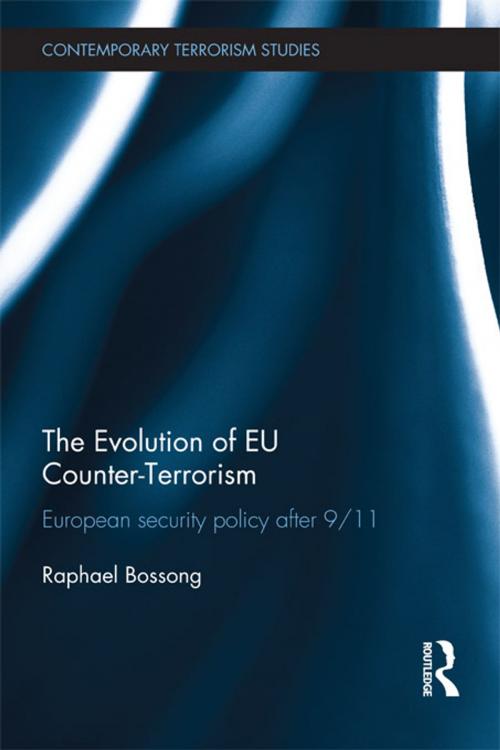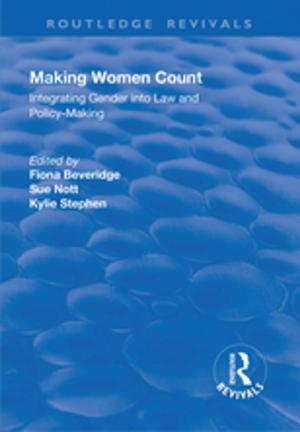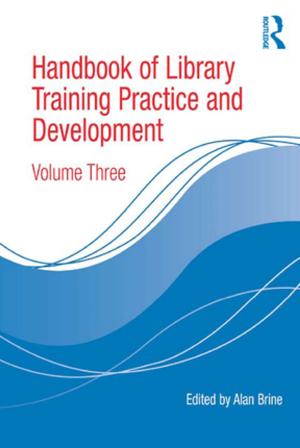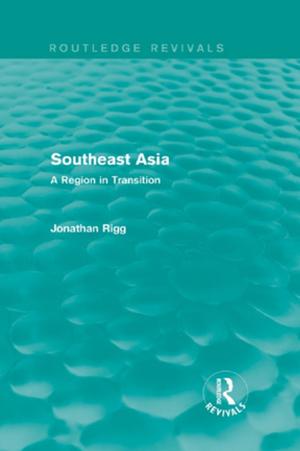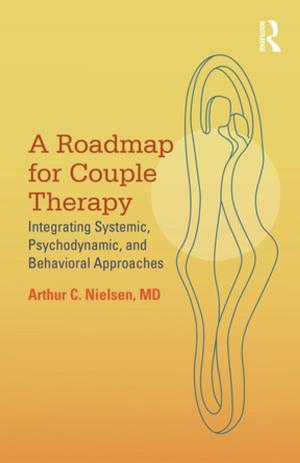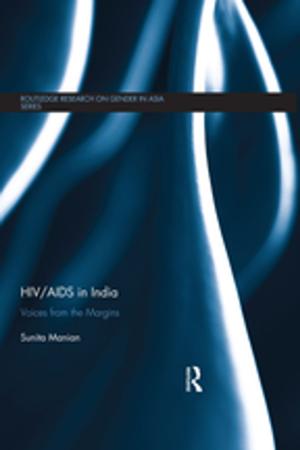The Evolution of EU Counter-Terrorism
European Security Policy after 9/11
Nonfiction, Social & Cultural Studies, Political Science, International, International Security, History, European General| Author: | Raphael Bossong | ISBN: | 9781136193279 |
| Publisher: | Taylor and Francis | Publication: | November 27, 2012 |
| Imprint: | Routledge | Language: | English |
| Author: | Raphael Bossong |
| ISBN: | 9781136193279 |
| Publisher: | Taylor and Francis |
| Publication: | November 27, 2012 |
| Imprint: | Routledge |
| Language: | English |
This book traces the evolution of the EU’s fight against terrorism from the late 1970s until the end of the first decade after 9/11.
This historical analysis covers both EU-internal and international counterterrorism policies and features an in-depth account of the EU’s reaction to the terrorist incidents in New York, Madrid and London. In the first few weeks after these incidents, the EU mobilised a complex but also incoherent set of policy measures, which significantly influenced the course of European security over the years.
From a theoretical perspective, this volume argues that context-specific factors dominated over functionalist considerations in the EU’s fight against terrorism. Building on frameworks from public policy analysis, the author demonstrates that EU institutions played a critical role as policy entrepreneurs, while the many security measures were chosen on the basis of timing rather than significance. Such short-term political dynamics also explain the implementation deficits and persistent imbalances in the EU’s counterterrorism policy; limitations which still hinder its fight against international terrorism.
This book will be of much interest to students of EU policy, counter-terrorism, European security, public administration, foreign policy, and IR in general.
This book traces the evolution of the EU’s fight against terrorism from the late 1970s until the end of the first decade after 9/11.
This historical analysis covers both EU-internal and international counterterrorism policies and features an in-depth account of the EU’s reaction to the terrorist incidents in New York, Madrid and London. In the first few weeks after these incidents, the EU mobilised a complex but also incoherent set of policy measures, which significantly influenced the course of European security over the years.
From a theoretical perspective, this volume argues that context-specific factors dominated over functionalist considerations in the EU’s fight against terrorism. Building on frameworks from public policy analysis, the author demonstrates that EU institutions played a critical role as policy entrepreneurs, while the many security measures were chosen on the basis of timing rather than significance. Such short-term political dynamics also explain the implementation deficits and persistent imbalances in the EU’s counterterrorism policy; limitations which still hinder its fight against international terrorism.
This book will be of much interest to students of EU policy, counter-terrorism, European security, public administration, foreign policy, and IR in general.
